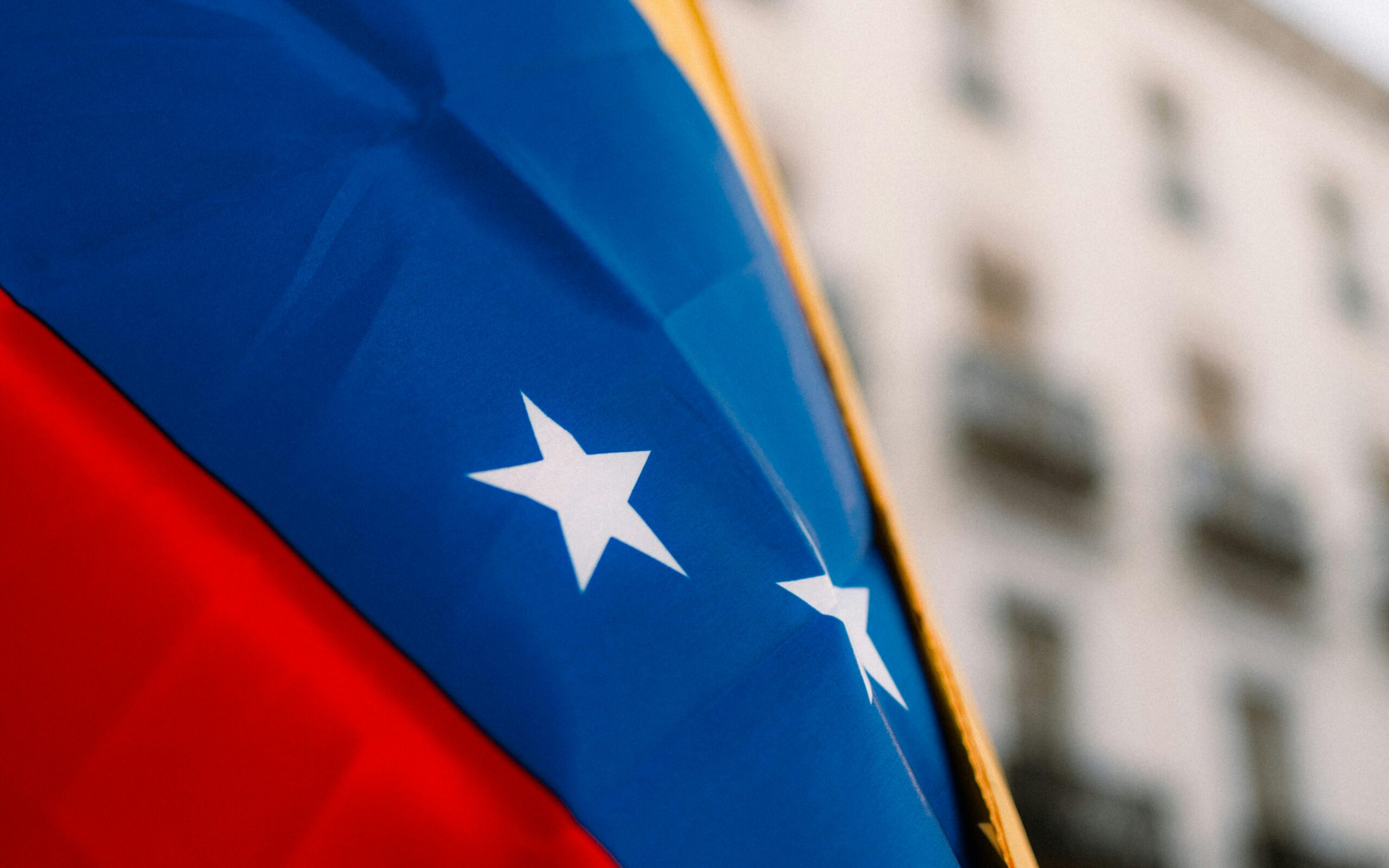
The US military executed another strike on a boat operating in the Caribbean on Friday morning, which officials deemed a “narco-trafficking vessel,” according to a social media post by Secretary of Defense Pete Hegseth. The strike resulted in the deaths of all four people who were aboard the vessel.
The Administration’s Justification
This marks at least the fourth known US military strike in the Caribbean since early September. All of these attacks have targeted boats that the administration claims are “affiliated” with drug cartels recently designated as terrorist organizations by the U.S. government.
Secretary Hegseth posted on X on Friday that, by order of President Donald Trump, he directed the “lethal, kinetic strike on a narco-trafficking vessel affiliated with Designated Terrorist Organizations in the USSOUTHCOM area of responsibility.” The attack took place in international waters just off Venezuela’s coast, a move that carries the potential to further heighten tensions between the U.S. and the Venezuelan regime. Earlier in the week, Venezuelan President Nicolás Maduro had stated he was preparing to declare a state of emergency to protect his country in the event of a U.S. military attack.
Hegseth did not specify which terrorist organization the boat was allegedly affiliated with. However, he maintained that “our intelligence, without a doubt, confirmed that this vessel was trafficking narcotics, the people onboard were narco-terrorists, and they were operating on a known narco-trafficking transit route.” He alleged the boat was “transporting substantial amounts of narcotics – headed to America to poison our people.”
Questions of Legality and Precedent
The administration has previously argued that other boats it has struck were also destined for the U.S., requiring urgent military intervention. Despite this claim, at least one vessel struck by the U.S. military last month had reportedly turned around before the attack, according to CNN, suggesting it did not pose an imminent threat to the U.S. or U.S. forces. Following the first strike on September 2, Secretary of State Marco Rubio initially suggested that the boat was likely headed toward Trinidad or another Caribbean location.
Legal experts and lawmakers across the political spectrum have raised serious questions about the legality of these strikes. Brian Finucane, a former State Department lawyer specializing in war powers, previously told CNN that the justifications offered were “throwing a lot of words out there that don’t necessarily go together or constitute a coherent legal justification.”
In a letter sent to Congress this week, the Pentagon confirmed that President Trump had determined that the U.S. is now in an “armed conflict” with the drug cartels his administration has designated as terrorist organizations. Consequently, smugglers working for the cartels are being classified as “unlawful combatants,” CNN reported. Describing the military attacks as part of an armed conflict suggests these strikes are not isolated acts of self-defense but rather part of a sustained, longer-term campaign. Hegseth underscored this point in his X post, stating, “these strikes will continue until the attacks on the American people are over!!!”
What The Author Thinks
The Trump administration’s declaration of an “armed conflict” against drug cartels to justify lethal strikes in international waters represents an aggressive and legally dubious expansion of executive war powers. While drug trafficking is a severe national security threat, designating smugglers as “unlawful combatants” and treating routine interdiction as an act of war sets a dangerous global precedent that other nations could easily adopt to justify their own extrajudicial actions. The apparent willingness to strike vessels that may not pose an imminent threat suggests a focus on theatrical deterrence over established international legal norms, risking escalation with sovereign nations like Venezuela and fundamentally altering the definition of U.S. military engagement.
Featured image credit: Altamart via Pexels
For more stories like it, click the +Follow button at the top of this page to follow us.
